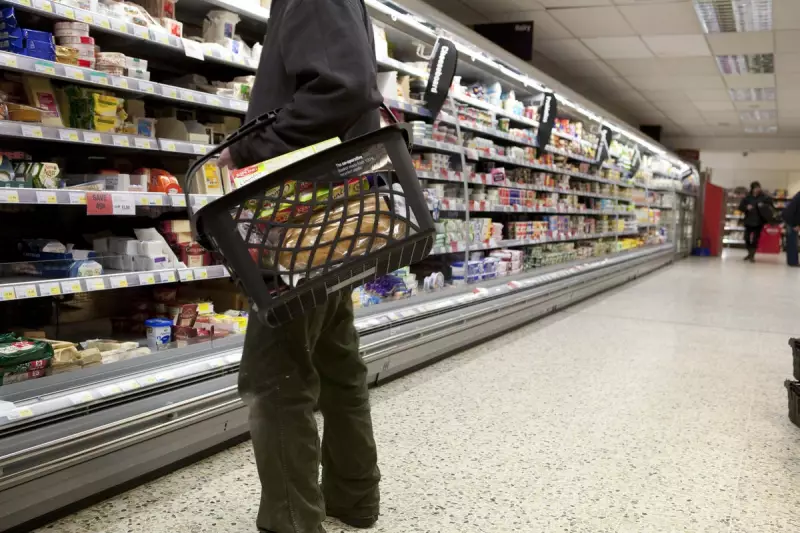
The UK's battle against soaring prices has reached a significant milestone as inflation tumbled to 2.3% in April, marking its lowest point in nearly three years and bringing relief to financially strained households across the nation.
Steep Decline Signals Economic Shift
According to the latest data from the Office for National Statistics (ONS), the Consumer Prices Index (CPI) experienced a dramatic fall from March's 3.2%, largely driven by substantial decreases in energy price caps. This brings inflation tantalisingly close to the Bank of England's 2% target for the first time since July 2021.
Energy Bills Lead the Charge Downwards
The most significant contributor to this welcome decline came from the domestic energy sector, where regulator Ofgem's reduction in price caps translated into immediate relief for millions of British households. The timing couldn't be better as families continue to navigate the ongoing cost of living crisis.
Food Price Relief Continues
Supermarket shoppers received additional good news as food inflation continued its downward trajectory. While still elevated compared to historical averages, the rate of increase for grocery bills has slowed considerably, offering some respite at the checkout.
What This Means for Interest Rates
All eyes now turn to the Bank of England's Monetary Policy Committee, which faces mounting pressure to consider interest rate cuts. With inflation finally approaching their target level, economists are speculating about when the first rate reduction might arrive, potentially easing mortgage costs for homeowners.
Services Sector Remains Sticky
Despite the overall positive picture, the ONS data revealed that services inflation - covering everything from restaurant meals to haircuts - remained stubbornly high at 5.9%. This persistent element suggests the journey to complete price stability isn't quite over yet.
Looking Ahead: Cautious Optimism
While today's figures represent a major step forward in the fight against inflation, economists warn that the path ahead may not be entirely smooth. Global economic uncertainties and domestic wage pressures could still influence the speed of further declines.
The dramatic fall to 2.3% positions the UK economy at a potential turning point, offering hope that the worst of the price squeeze may finally be behind us.





